children rights
For us, children’s rights are non-negotiable.
We believe that a safe, secure and protective environment is a prerequisite to the realization of all other rights of children and we are committed to provide the same to all children in all the places where we work, and at all times!
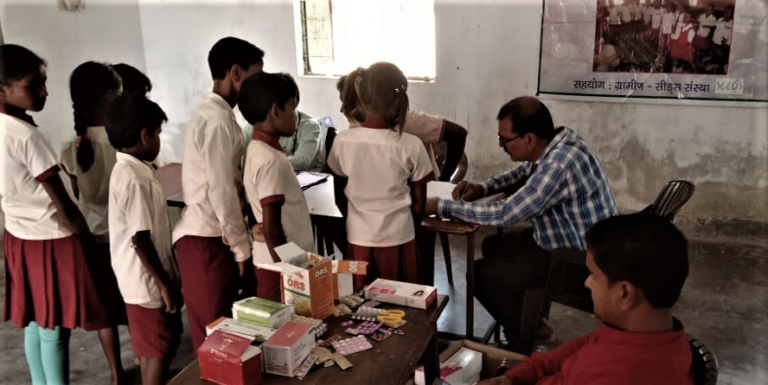
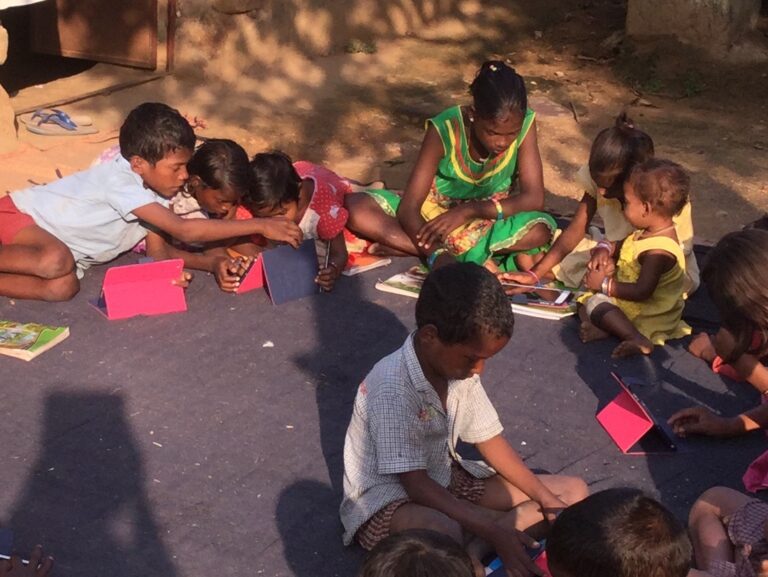

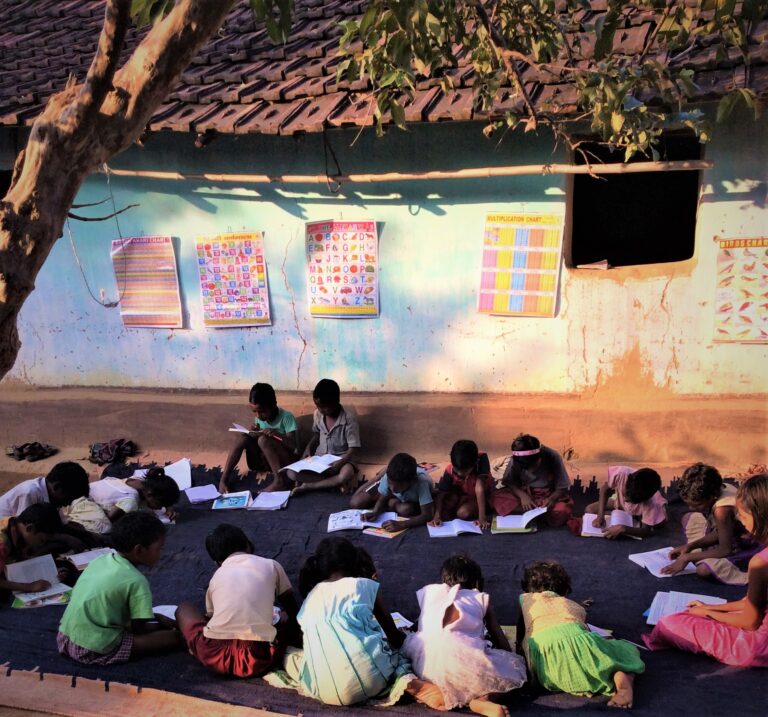
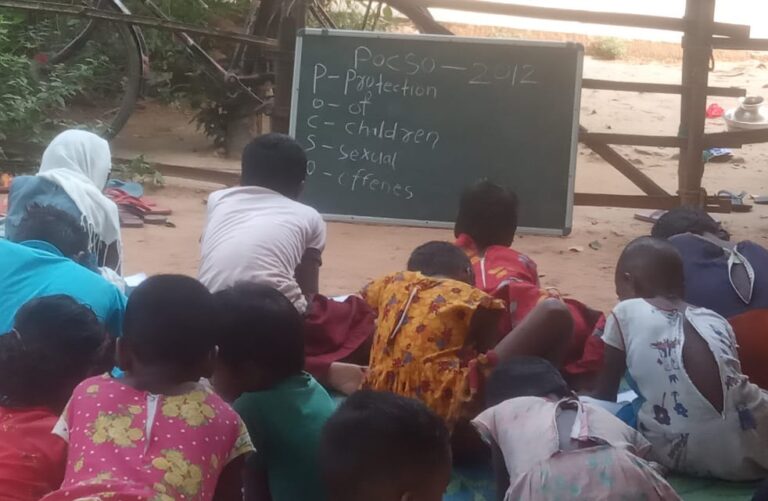
Along with the children themselves, we involve the parents, teachers, anganwadi workers, communities, panchayat, block and district administration for a holistic improvement in the lives of the children.
We work in four key programmatic areas:
- Health & Nutrition
The Right to Survival entails that no child should suffer from malnutrition or poor health whatever be their socio-economic background. - Safety & Protection Under Right to Protection, children have the right to be protected wherever they are. Building a safe environment for all children, till the age of 18 years, is critical to protect them from abuse and exploitation.
- Education
In the context of the Right to Development, free and compulsory education is the right of every child. - Child Participation
The Right to Participation envisages that children have a right to be heard and their opinions respected and considered by adults around them.
The 25 children’s circles functioning in 16 villages and nine hamlets of Gurabandha and Dumaria Blocks have charted out their goal and annual action plans . Some of their goals include making their village alcohol-free, bringing gender equity in all families of their village, banning the use of polythene bags, making the village clean, sending all the drop-out children (living in far-off habitations) to school. Children continue with their monthly savings and manage their group efficiently. They are also spearheading the adherence of child rights in homes.
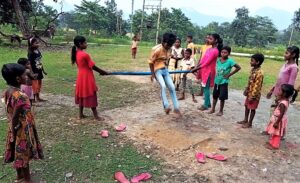
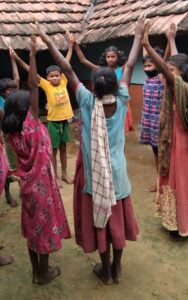
In two villages Kasiabera and Kudian, children took the initiative of surveying school drop- out children. In two villages – Kasiabara, they traced 17 and in Kudian 13 drop-out children. The Adolescent Group of the respective Circles have succeeded in enrolling all the children (8 girls and 22 boys) in school after visiting their homes and talking to their parents. The school teachers were unable to get these children back to school hence were very happy with the efforts and success of Group children. However retaining the children is entirely dependent on the teaching/learning as well as hand holding by the school teachers.
For the first time this year, as many as 31 children residing in 10 of the project villages have completed their secondary education. It is commendable that out of the 31 successful students, 24 are girls. There are 17 children who passed their Board examination in First Division (scored above 60% marks) and barring two, i.e. 15 first divisioners are girls. Now all of them have taken admission in junior college. On the occasion of Children’s Day all these children were felicitated at public functions. They are setting a good precedence for the younger children in their villages.
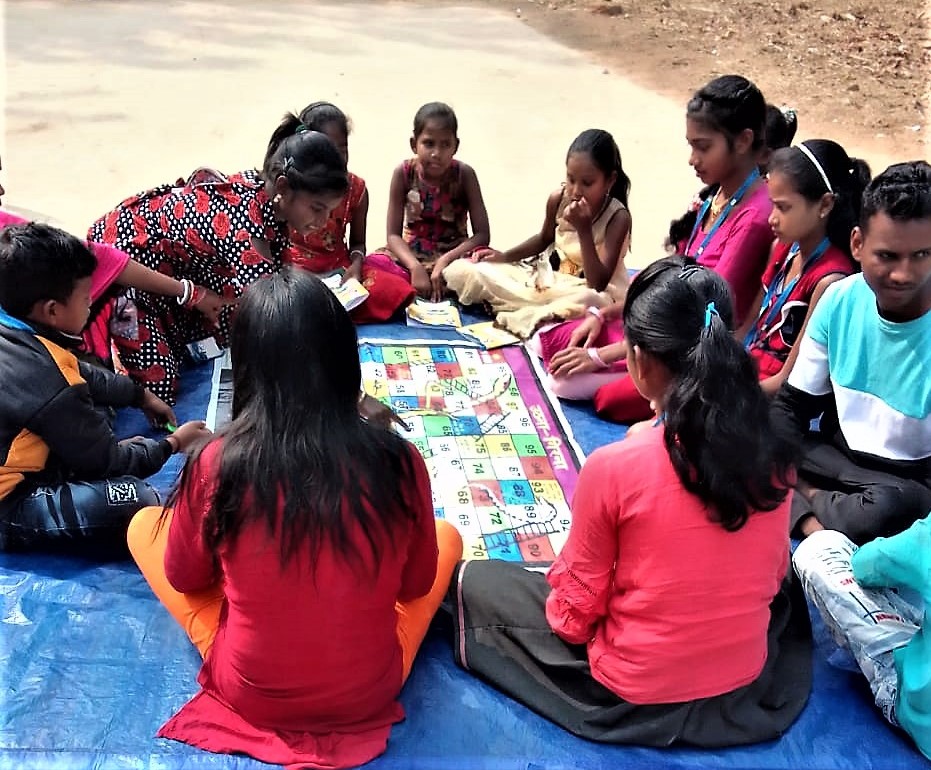
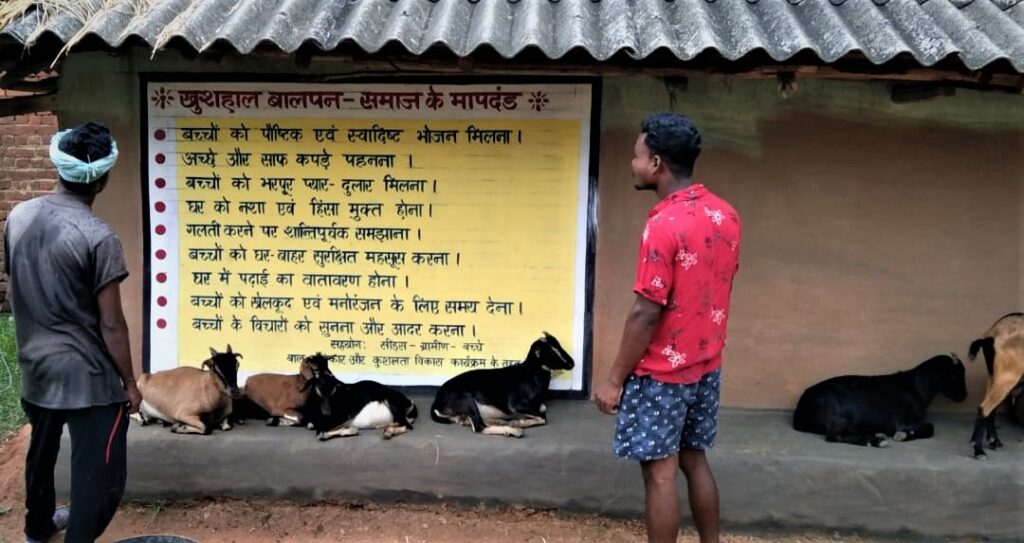
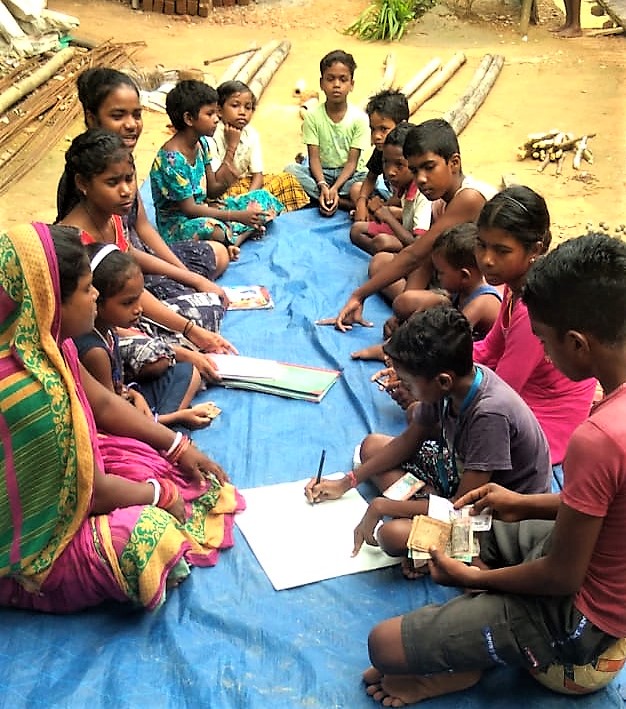
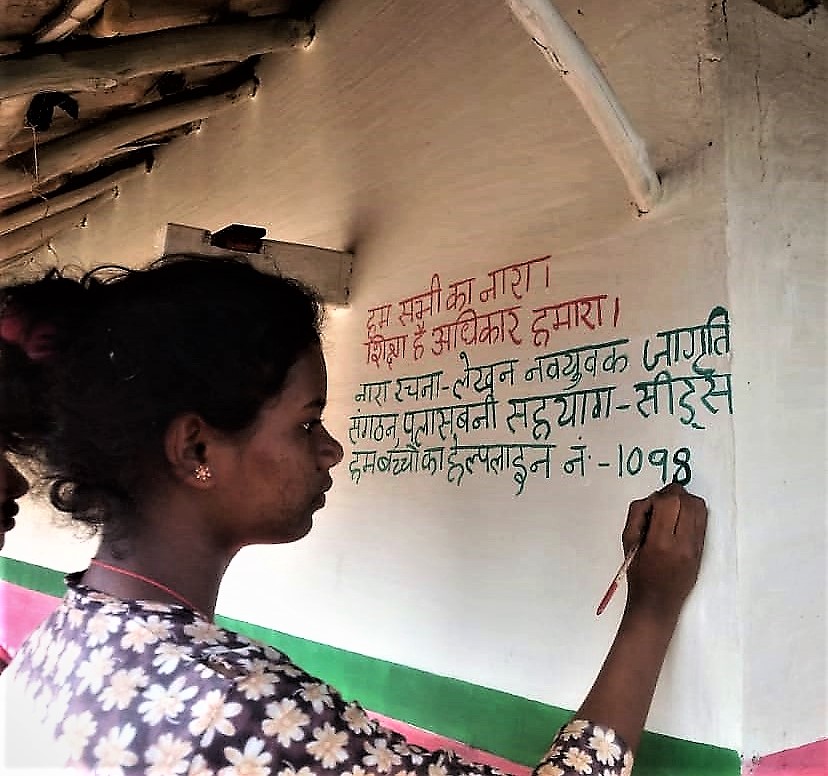

Children are potential change agents and given the space and opportunity, can hold dialogue on matters related to themselves.
Each of them should be able to speak out and/or act on the issues that affect them. It not only helps in their mental and emotional development but also fosters in them self-esteem and self-belief. The 25 children’s circles functioning in the conflict ridden area, provide a platform for meeting and sharing issues of mutual interest. They meet twice every week.
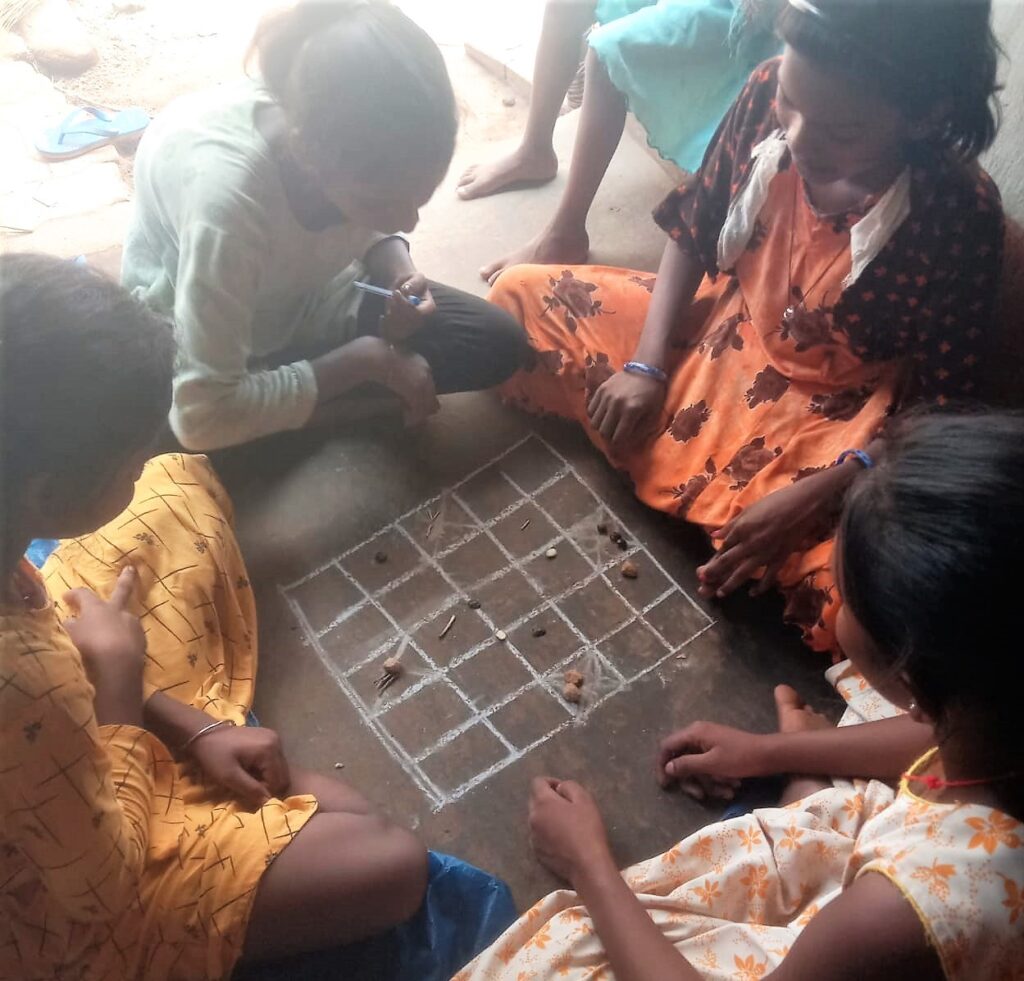
Traditional games & sports
Sports-integration is a cross-curricular pedagogical approach that utilizes physical activities including indigenous sports, that helps in developing skills such as collaboration, self-initiative, self-discipline, teamwork, responsibility etc.
14 types of traditional games and sports have been organized, such as Asta-chakra, kitkit, Bagchal, Pittu, Ekir Mikir, pataluka, sui Topa, Anda chori, Talachabi, Ankh Michouni, Handiphor Kabaddi etc. The skills, learning and values of each game are highlighted. 967 Children participated in the games.
Parents and the elderly are very happy to see the revival of traditional games. In many places they are seen guiding the children and reminiscing their childhood days.
Summer camps
Summer camps encourage participation which contributes to different aspects of children’s development, enabling them to acquire knowledge, skills, values and positive attitudes, to extend their interests and aspirations. It also leads to democratic mechanisms that may enable them to contribute as active citizens to the broader life of the indigenous community.
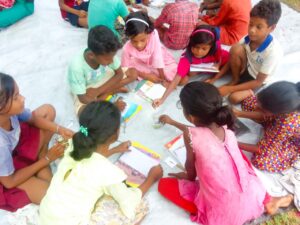
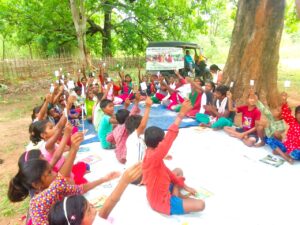
This year 16 summer camps were organized in May at 16 villages in which 742 children participated. It was a mix of life skills and studies, art and culture. For the first time they learnt Science by fun – about air pressure; centripetal and centrifugal force; principal of rocket; practicals on acid, base and salt, through low cost/no cost teaching aids. Mathematical games, solving Maths problems, oral practice and mental sums, trigonometry formulae, map reading and environment awareness were also part of the sessions. The resource team comprised of ten college students from Pune under the aegis of the socio educational cultural organization Gyan Prabodhini.
The Team members stayed in the village and had close interaction with the community. There were cultural exchanges in terms of traditions, cuisine, folk dances, practices of Maharashtra state and the Munda tribals of our villages. It was a life time experience both for the children as well as the resource team.
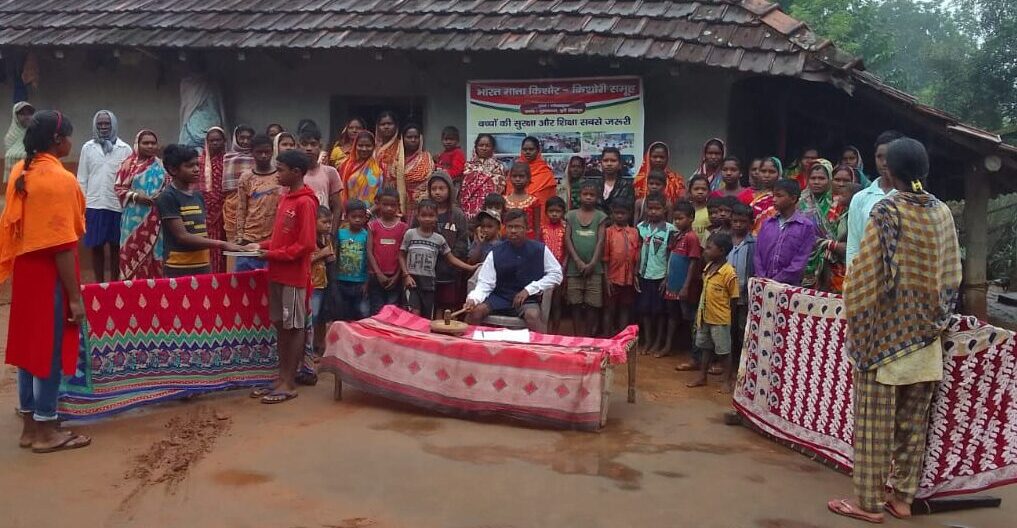
WALK WITH US
At SEEDS, no contribution is small. Become harbingers of change by affirmative action.
